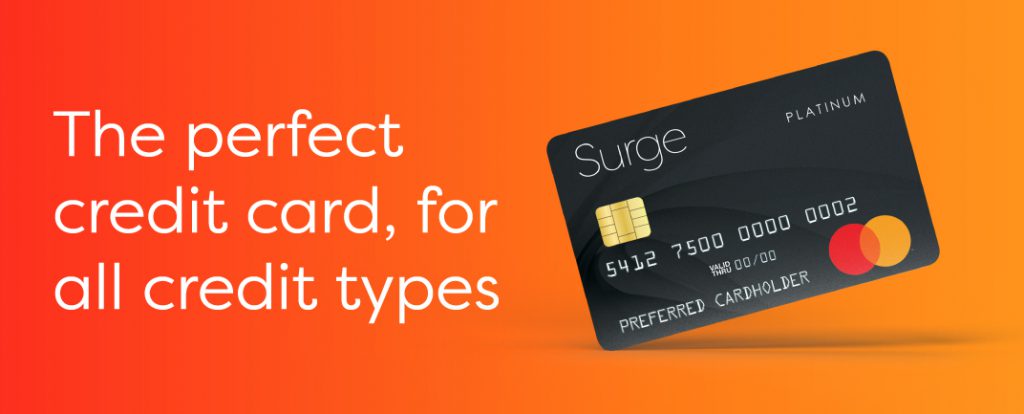
Your credit rating is primarily based on how you use credit products such as credit cards and loans. If you follow good financial habits and maintain them for a long period of time, you can build your credit.
A good credit score opens you up to many more financial opportunities such as home ownership or a loan for a new car. People focusing on “how to improve your credit score” are often looking to do so before applying for these major purchases.
At Instant Global News, we understand the importance of building good credit habits and how they can set you up for a better financial future. In this article, we will review some key habits that may help improve your credit score and overall financial well-being.
Stay within your financial lane
Knowing how to stay in your financial lane is the first habit that you should work on when building your credit. It’s the most obvious but often disregarded habit of consumers. It’s important to only buy what you can afford. If you don’t follow this simple step, it can lead to missed payments, which will lower your credit score. Missed payments can also result in higher interest rates on loans and lines of credit.
Be organized
Being organized applies to most things in life, including your finances. Keeping track of your bills and payment due dates is crucial in maintaining a good credit score. Payment history makes up 35% of your credit score, so it’s important to pay your bills on time.
Additionally, it’s essential to keep track of your credit score, monitor your credit reports, and stay informed about your credit card balances. Being organized with your accounts and information allows you to easily spot any discrepancies or unauthorized activity.
Make your payments on time
Paying your bills on time is a must when it comes to building good credit habits. Your payment history significantly impacts your credit rating. Credit card servicers are happiest when cardholders consistently pay their bills.
Keeping track of your payment due dates and making timely payments is crucial. When you miss a payment, it’s reported by your creditor to the credit bureaus and will affect your credit score almost immediately. Developing the habit of paying on time each month is essential for maintaining a good credit history.
Needs over wants
Establishing credit by regularly using your line of credit is important, but it’s crucial to prioritize your needs over your wants. It’s tempting to indulge in things you want, but overspending can deplete your income and leave you unable to take care of important bills. Before indulging, make sure all necessary bills are paid, and you have enough funds to cover your expenses.
Be proactive
Mistakes happen, and if you miss a payment, it’s essential to take immediate action. Don’t panic about your credit score but find a way to settle the balance as soon as possible. Ignoring missed payments will only make the situation worse. Taking proactive steps to rectify mistakes will demonstrate your commitment to good credit habits.
Remember that good habits and positive behavior will enhance your credit lines over time, and being proactive in fixing mistakes will help overshadow any past errors. Each good action you take has the potential to increase your credit limit and improve your overall creditworthiness.
Take the time to know more about a financial product
Before making any financial decisions, it’s crucial to thoroughly research and understand the product you’re considering. This is especially true for credit cards and loans. Taking the time to read the fine print and understand the terms and conditions will help you make informed decisions that align with your financial health.
Knowing the difference between secured and unsecured credit cards, understanding your credit utilization ratio, and being aware of how to close a credit card are all important factors to consider.
In Conclusion
By following these habits, you can build a track record of consistent positive activity that credit card servicers take notice of. This will have a significant impact on your credit score and benefit your credit report. Consistently practicing these habits will lead to a steady improvement in your credit history, potentially opening up a variety of lifestyle improvements beyond credit lines and borrowing.
Start incorporating these habits into your financial routine today and set yourself on the path to better credit.
FAQs
Q: How can I improve my credit score?
A: Improving your credit score involves developing good financial habits, such as staying within your financial means, making payments on time, prioritizing needs over wants, being organized, being proactive, and taking the time to understand financial products.
Q: Why is it important to pay bills on time?
A: Paying bills on time is crucial for maintaining a good credit score. Payment history is a significant factor in determining your credit rating, and missed payments can have a negative impact on your credit score.
Q: What should I prioritize when building credit?
A: When building credit, it’s important to prioritize your needs over your wants. Ensuring that you have enough funds to cover necessary bills is essential for maintaining a healthy financial status.
Conclusion
Building good credit habits is essential for a better financial future. By staying within your financial lane, being organized, making payments on time, prioritizing needs over wants, being proactive, and taking the time to understand financial products, you can improve your credit score and achieve your financial goals. Start implementing these habits today and see the positive impact on your credit and overall financial well-being.

Note: This article was originally published in May of 2019 and has now been updated with new information.
